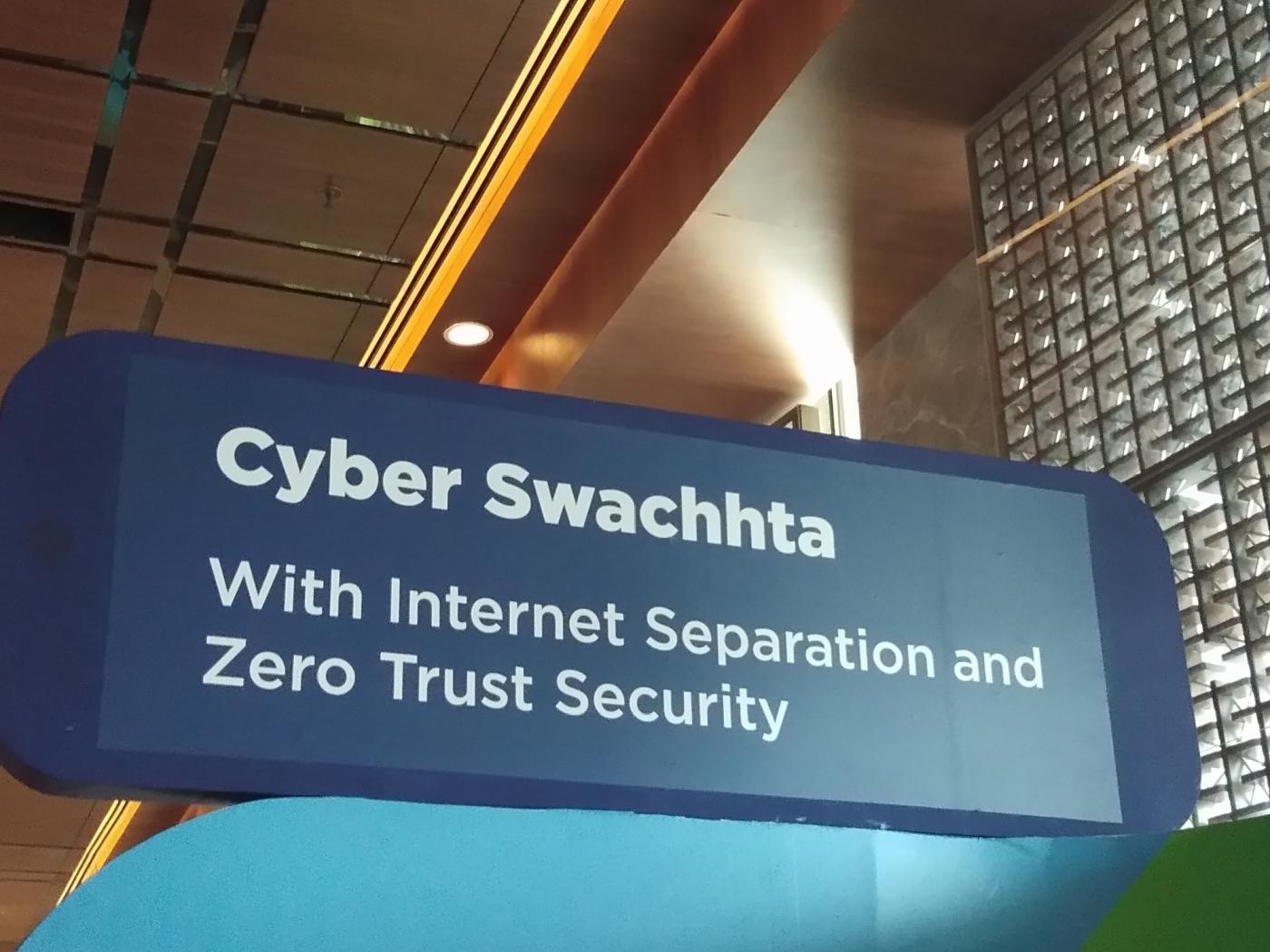Although India has become more active when it comes to cybersecurity, the country needs to put all the pieces together to protect businesses via a full-proof ecosystem, a top executive from cybersecurity firm McAfee has stressed.

“India is interacting a lot with neighbours, coordinating with them via strategic MoUs on cybersecurity but there are few things that need to be patched to be able to respond faster and better to cyber attacks,” Ian Yip, Chief Technology Officer, Asia Pacific at McAfee, told IANS.
In a recent report released by the Australian Security Policy Institute, India ranked 10th on cyber security globally.
“The 10th rank globally is not that bad and there is room for improvement. India is in a good place to make those improvements by collaborating with all the stakeholders including cyber security firms,” Yip added.
India now has the National Cyber Coordination Centre, apart from a general computer emergency response team (CERT) and a separate CERT to protect the Banking, Financial services and Insurance (BFSI) sector.
According to Yip, there is now a full-fledged secondary market with cybercrime-as-a-service, helping cybercriminals leverage capabilities from fellow attackers and use advanced malware techniques to target enterprises.
“Cyber attackers have the capability to use some of the more advanced techniques. There is a secondary market with cybercrime-as-a-service, where they can leverage the capability of other criminals into the attack mechanisms,” Yip noted.
Apart from rising ransomware attacks, cryptojacking is now a big threat to companies.
Cryptocurrency mining is rising, said the executive, owing to the increase in the cryptocurrency value.
“Cryptojacking is more harmful for businesses and individuals than ransomware because it increases the cost of ransom,” Yip added.
The fourth quarter of 2017 saw a spike in the Bitcoin value, driving cybercriminals to focus on cryptocurrency hijacking through a variety of methods and was defined by rapid cybercriminal adoption of newer tools and schemes, a new McAfee report said recently.
According to Yip, the next big wave of innovation in cybersecurity solution is Machine Learning (ML) and Artificial Intelligence (AI) solutions.
“There is urgent need to automate, orchestrate and integrate as much of security infrastructure as possible amid skill shortage. Cyber attackers are now also trying to leverage the potential of New-Age technologies,” he noted.








